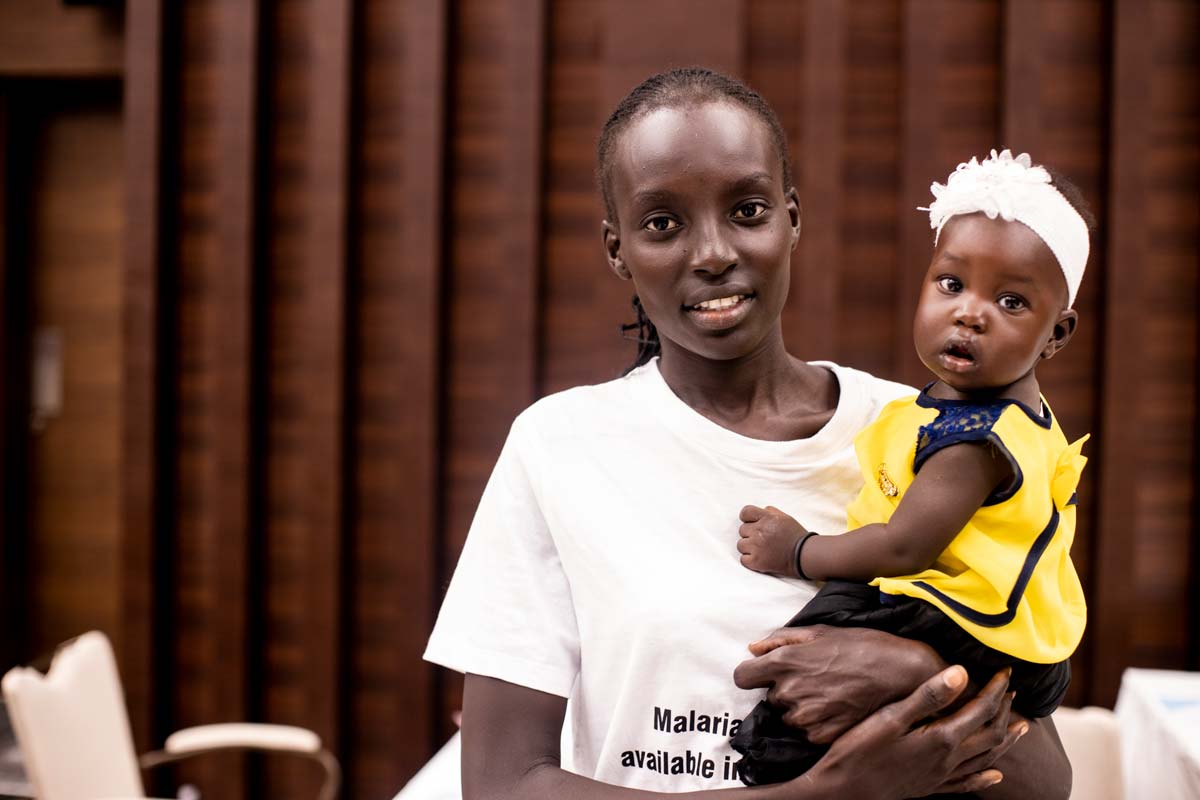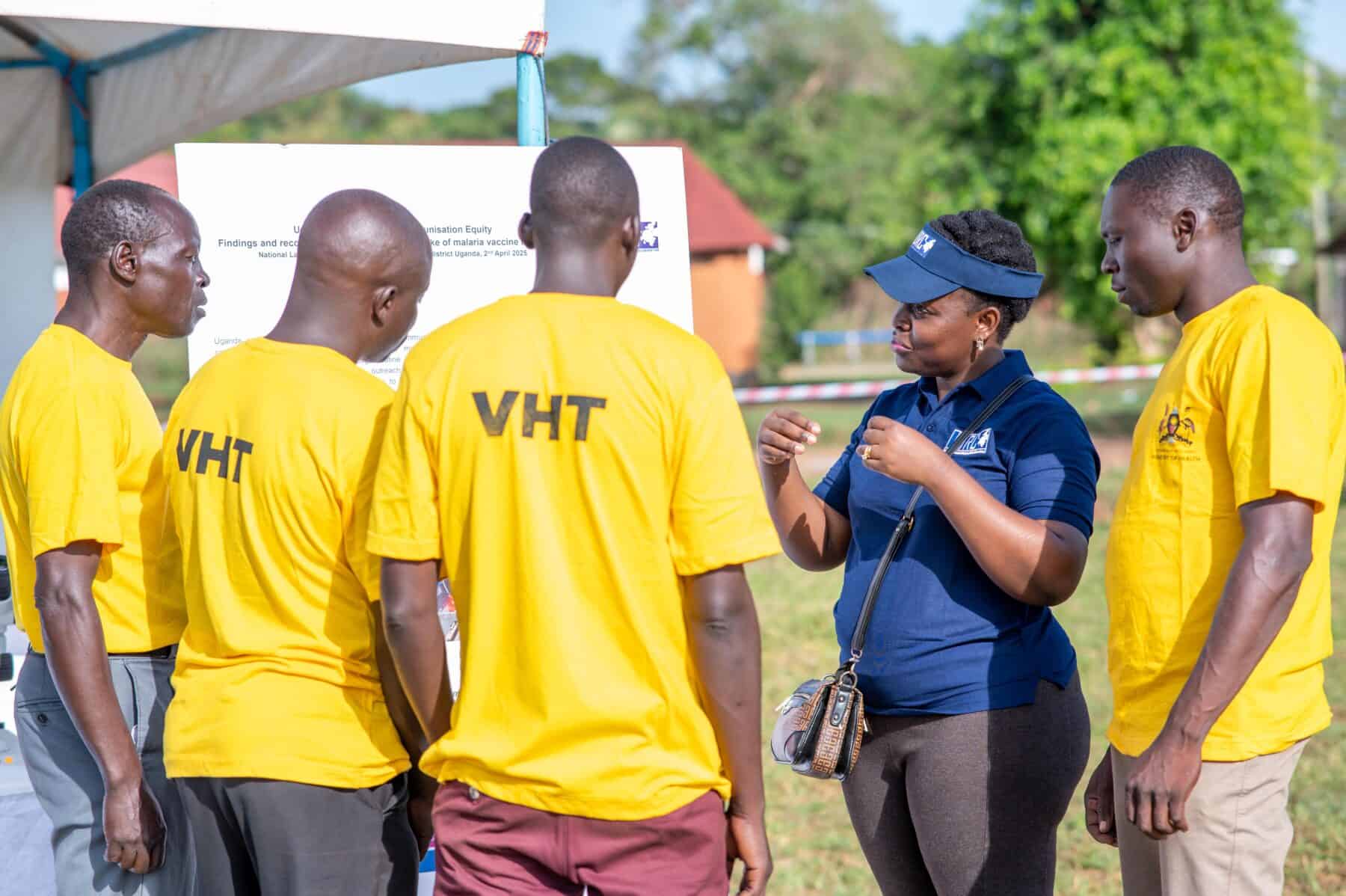HPV increases risk of heart disease, finds study of 250,000 patients
New meta-analysis suggests that the HPV vaccine could not only protect us from cervical cancer, but heart problems too.
- 4 April 2025
- 4 min read
- by Priya Joi

Human papillomavirus (HPV), a virus best known for causing several types of cancer, may also significantly raise the risk of heart disease, according to new research presented at the American College of Cardiology’s Annual conference last month.
The study is the first to combine data from multiple global studies – spanning nearly 250,000 patients – to explore the potential connection between HPV and cardiovascular disease.
People with HPV were 40% more likely to develop cardiovascular disease and had double the risk of coronary artery disease compared with those who were not infected with the virus.
Its findings add weight to growing evidence that HPV could be a risk factor for heart problems.
A higher risk of heart disease
HPV is a common infection spread mainly through sexual contact. It is already known to be the leading cause of cervical cancer – which in lower- and middle-income countries is a major killer of women – however its link to heart disease has only recently come under scrutiny.
In the new study, the researchers found seven studies between 2011 and 2024 that included data on HPV status and cardiovascular outcomes across a follow-up time of 3–17 years. Three were from the US, two from South Korea, one from Brazil and one from Australia.
In this new meta-analysis of 249,366 patients aged between 20 and 75 years, the researchers from the University of Connecticut, USA, found that people with HPV were 40% more likely to develop cardiovascular disease and had double the risk of coronary artery disease compared with those who were not infected with the virus.
Even after accounting for other risk factors like smoking, diabetes and family history of heart disease, HPV-positive individuals still had a 33% higher likelihood of developing cardiovascular disease.
‘Non-conventional’ risk factors for heart disease
No significant association was found between HPV and high blood pressure, which is typically a major risk factor for heart disease.
The exact biological mechanism connecting HPV to heart disease remains unclear, but researchers suspect it may involve chronic inflammation caused by the virus.
Inflammation is known to play a role in the development of cardiovascular problems, including coronary artery disease – a condition where plaque builds up in the arteries, restricting blood flow to the heart.
Dr Stephen Akinfenwa, an internal medicine resident at the University of Connecticut School of Medicine and the study’s lead author, emphasised the importance of this finding: “We always talk about cardiovascular risk factors like smoking and high blood pressure, but about 20% of cardiovascular disease can’t be explained by these traditional factors. Identifying non-conventional risks like HPV could help us better understand and prevent heart disease.”
A 2024 study by Korean researchers showed that women have a four times higher risk of dying from cardiovascular disease if they have an infection with a high-risk strain of the human papillomavirus (HPV).
Have you read?
One of the authors Prof Hae Suk Cheong indicated that the team had a similar theory “that the virus is creating inflammation in the blood vessels, contributing to blocked and damaged arteries and increasing the risk of cardiovascular disease”.
Improved management of heart health
The study’s findings suggest that clinicians might consider closer monitoring of heart health in patients who test positive for HPV. This approach could align with existing practices for managing other known risk factors for heart disease.
HPV vaccination could also play a role in reducing cardiovascular risks in the future. The World Health Organization recommends that girls from the age of nine years and young women receive the HPV vaccine to prevent cervical cancer.
However, many adults have missed out on vaccination because it hadn’t been rolled out in high-income countries till 2006 and in lower-income countries until recently – some countries still don’t have a HPV vaccination programme. To improve this situation, Gavi is supporting HPV vaccine roll-outs in lower-income countries.
The researchers hope future studies will explore whether widespread vaccination could help lower rates of heart disease linked to HPV.






